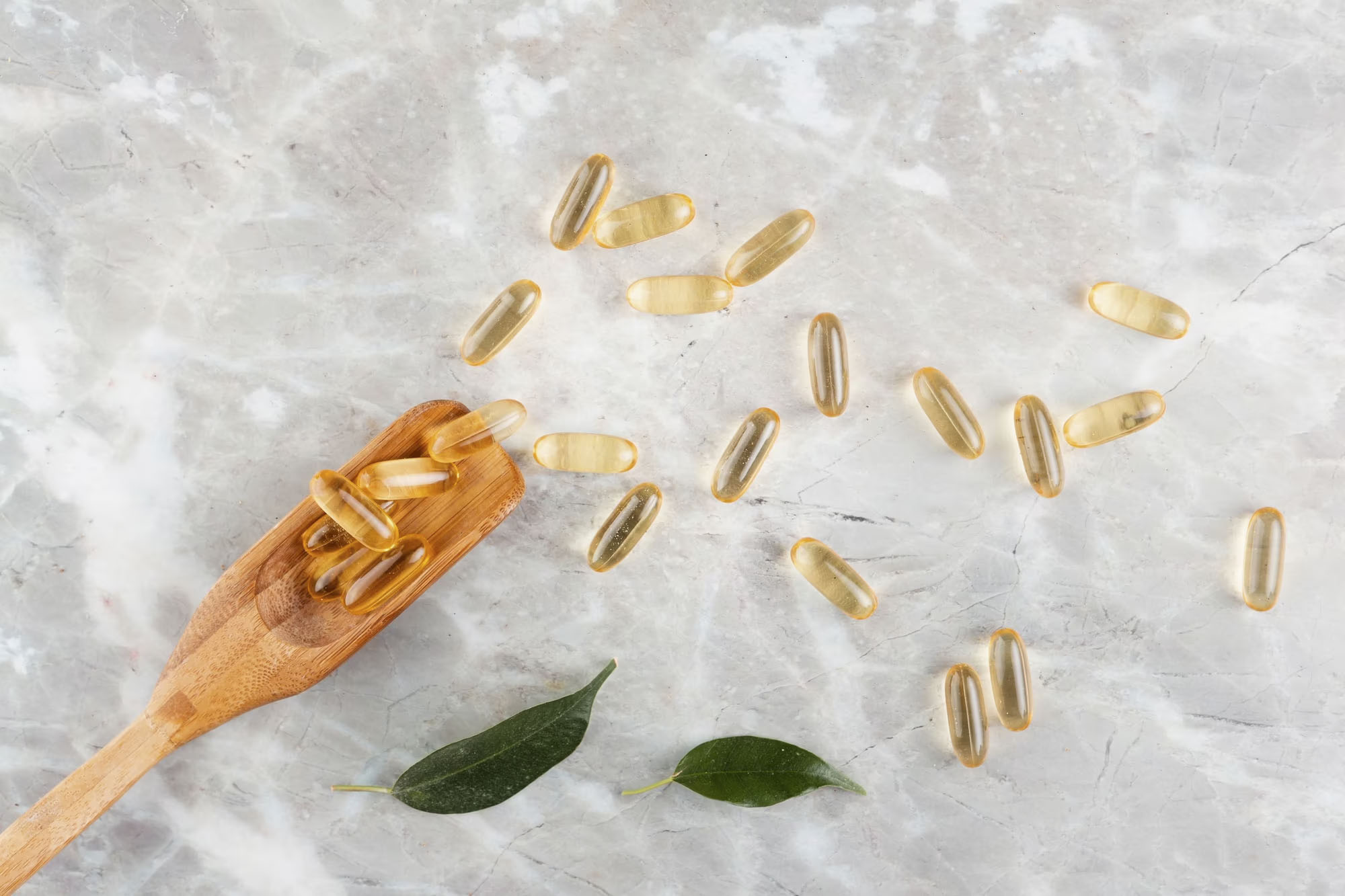
Iron is a vital mineral that plays a fundamental role in maintaining good health. It is an essential component of hemoglobin, the protein in red blood cells responsible for carrying oxygen throughout the body. Iron is also crucial for energy production, supporting metabolism, and promoting overall well-being. In this comprehensive guide, we will delve into the significance of iron vitamin supplements, exploring their benefits, potential side effects, and the importance of maintaining optimal iron levels for a thriving body and mind.
Iron is a trace mineral found in various foods, including meats, seafood, beans, and leafy greens. It exists in two primary forms: heme iron and non-heme iron. Heme iron, found in animal products, is more easily absorbed by the body, while non-heme iron, found in plant-based foods, is not as readily absorbed.
The primary function of iron is to support oxygen transport in the blood. When we consume iron-rich foods or supplements, the body absorbs the iron, and it is used to create hemoglobin in red blood cells. Hemoglobin binds to oxygen in the lungs and carries it to tissues and organs throughout the body. Iron is also involved in various enzymatic reactions that support metabolism and energy production.
Iron deficiency anemia occurs when the body lacks sufficient iron to produce an adequate amount of hemoglobin. This condition leads to a decrease in red blood cells, resulting in symptoms such as fatigue, weakness, pale skin, and shortness of breath. Iron supplements are a crucial treatment for iron deficiency anemia, helping to replenish iron stores and increase hemoglobin levels.
Iron is essential for energy production as it is involved in the production of adenosine triphosphate (ATP), the primary energy currency of the cells. Iron supplements can help increase energy levels in individuals with iron deficiency, reducing feelings of fatigue and boosting overall vitality.
Pregnant women have increased iron needs to support fetal development and to compensate for blood volume expansion during pregnancy. Iron supplementation is often recommended during pregnancy to prevent iron deficiency anemia and ensure adequate iron levels for both the mother and the developing baby.
Athletes, especially endurance athletes, may experience increased iron loss through sweating and gastrointestinal bleeding. Iron supplements can be beneficial for athletes to maintain optimal iron levels, enhance oxygen delivery to muscles, and support physical performance.
Iron plays a role in cognitive function and brain development. Adequate iron levels are essential for proper brain function, memory, and learning. Iron supplementation may be beneficial for individuals with iron deficiency, as it can help improve cognitive performance and concentration.
While iron vitamin supplements offer numerous benefits, they are not without potential side effects and considerations. It’s essential to take iron supplements under the guidance of a healthcare professional to ensure safe and effective use. Some potential side effects of iron supplementation include:
Iron deficiency is a prevalent health concern worldwide, especially among certain populations like children, pregnant women, and vegetarians/vegans. While iron supplements are an effective way to address iron deficiency, they should not be a substitute for a balanced diet rich in iron-containing foods. Incorporating iron-rich foods into the diet is essential for maintaining optimal iron levels and overall health.
Iron-rich foods include:
Individuals who have difficulty meeting their iron needs through diet alone or have specific risk factors for iron deficiency may benefit from iron supplementation. However, it’s crucial to work with a healthcare provider to determine the appropriate dosage and duration of supplementation.
Iron is a mighty mineral that plays a vital role in maintaining good health, supporting oxygen transport, energy production, and brain function. Iron deficiency can lead to anemia, fatigue, and other health issues, making iron vitamin supplements an essential tool for combating iron deficiency and promoting overall well-being.
While iron supplements offer significant benefits, they should be used judiciously and under the guidance of a healthcare professional to prevent potential side effects and interactions with medications. Additionally, a balanced diet rich in iron-containing foods remains a cornerstone of maintaining optimal iron levels and overall health.
Embrace the power of iron and let it be a steadfast ally in your journey towards a thriving body and mind. Stay attuned to your body’s needs, work with healthcare professionals, and nourish yourself with iron-rich foods and supplements, if necessary, to unlock the full potential of this essential mineral.
© 2023 All rights reserved. | Design by Maple Web Design
© 2023 All rights reserved.
Design by Maple Web Design